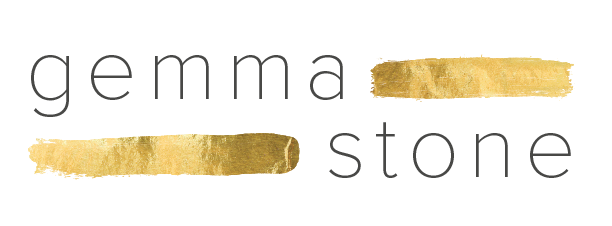Anytime my therapist told me to journal, I rebelled.
I didn’t do it.
I used to tell myself, “I only want to write something if it will be useful to others.”
I couldn’t see how scribbling without intention would help me create something useful for you.
Over the last six months, I’ve been changing my beliefs about a lot of things (predictably, when we change our beliefs behaviours often change too).
First, I challenged my belief that powerful transformations could only come from in-person experiences (I was pretty fiercely attached to my one-on-one work and rocky mountain retreats).
2020 prodded me to edge out of my comfort zone and into creating an online program.
We just wrapped up Unstuck and I am beyondbeyond grateful I got over my tech phobia (with serious support from Matt) and embraced the imperfect process of stumbling into delivering content online.
Watching the participants light up with insights, healing, and connection has been the highlight of 2021 for me. At our closing celebration, looking into the big-hearts and misty-eyes of the participants I felt my old belief shatter and a new one form –
The hurt that happens in relationship, heals in relationship.
Communal-care is just as important as self-care.
Second, I challenged my belief about journaling as being a waste of my time if I wasn’t turning it into something useful for others.
As part of Unstuck, I created a thirty-day journal designed to help the people in the program transform self-sabotage into self-love.
And to be honest, I felt a tiny bit out of integrity for suggesting something I don’t do.
So, I dove into journaling and now I can’t stop.
Well, I could, but I don’t want to.
For all the science-y humans out there … journaling has been found to:
- Boost your mood
- Enhance your sense of well-being
- Reduce symptoms of depression before an important event
- Reduce intrusive thoughts
- Reduce stress
- Solve problems more effectively
- Resolve disagreements with others
- Avoid symptoms after a trauma
- Improve working memory
- Develop emotional intelligence
- Manage negative emotions
- Detect unhealthy patterns in our thoughts and behaviours
- Shift a negative mindset to a positive one
As I’ve been journaling more and more, I notice how much easier it is to get into the right relationship with my mind and to help creative ideas crystallize.
I know a lot of smart people advocate to have specific and measurable goals (write 500 words! write for 5 minutes a day!).
For my free-spirited heart, those kinds of parameters don’t work.
If I had to write a # of words for a # of minutes for a # of days, I’d faint (or fight) from lack of freedom.
Here’s what I’d suggest.
Find a pen that feels good (for me, it’s my beloved Lamy)
Find paper that feels good (for me it’s Rhodia)
Find a space that feels good (for me it’s on my belly atop my super soft comforter)
Find some tunes that make you want to write (for me it’s this playlist).
And … write.
You might find that your journal is your new favourite place to be.
If more structure works better for you, I’ve got you covered.
I have created a little something for you – a free 45-day journaling guide to support your insight and emotional intelligence.
You can crack the pages right over here.
